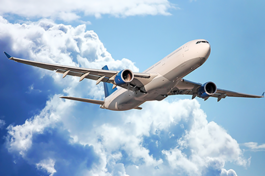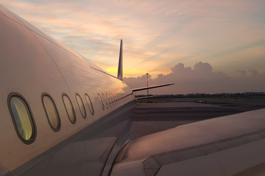Showing 1 - 8 of 14

Time to Move to 25-Hour Cockpit Voice Recorders
Today, in the U.S., cockpit voice recorders (CVR) used on commercial aircraft are only required to capture and store two hours of audio information. After two hours, the most recent information is lost when the CVR, due its limited storage capacity, records over the previous cockpit conversations.
02/12/2024







